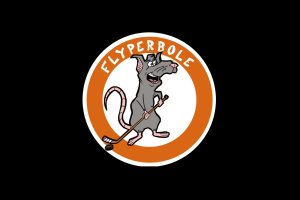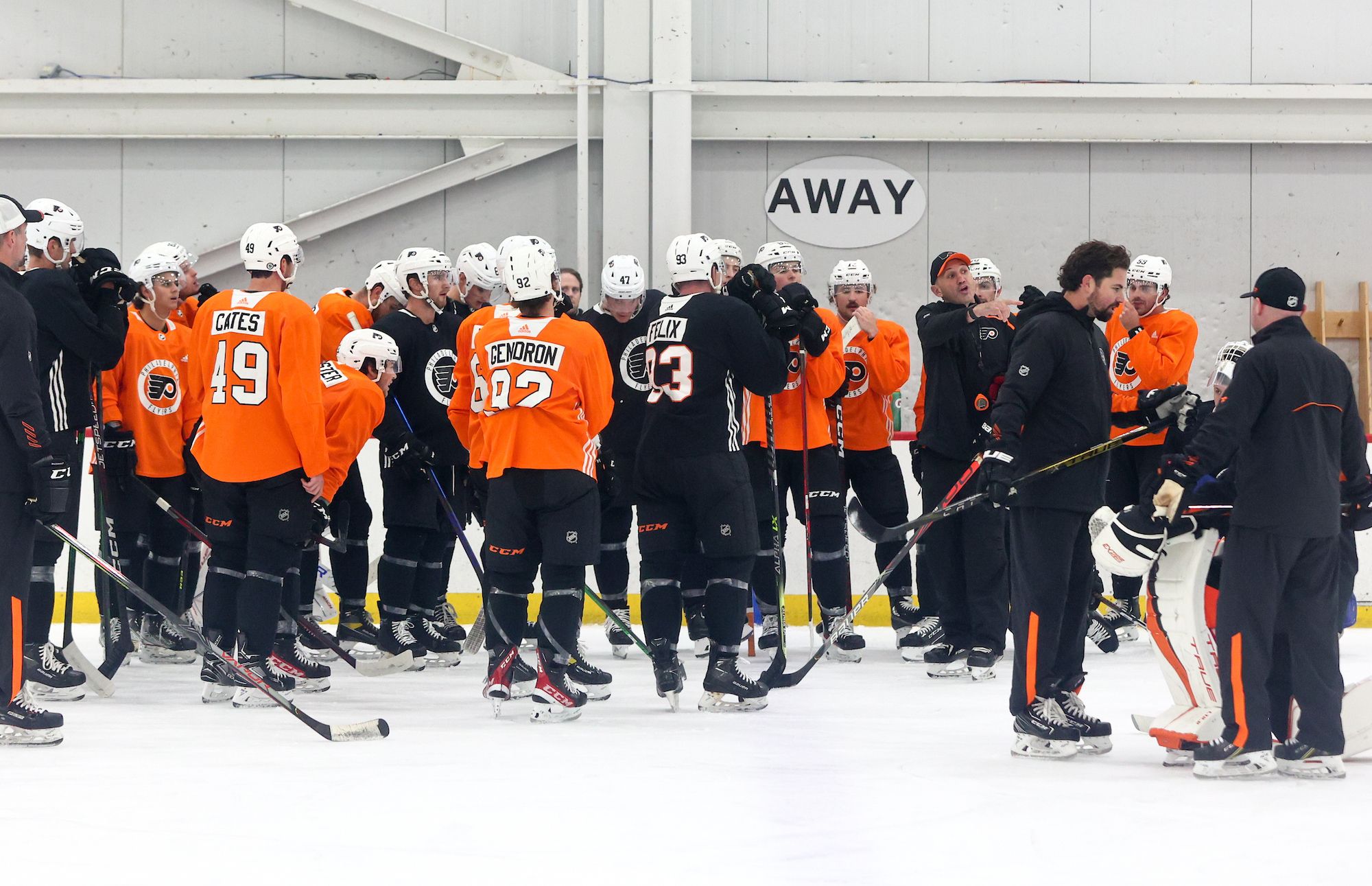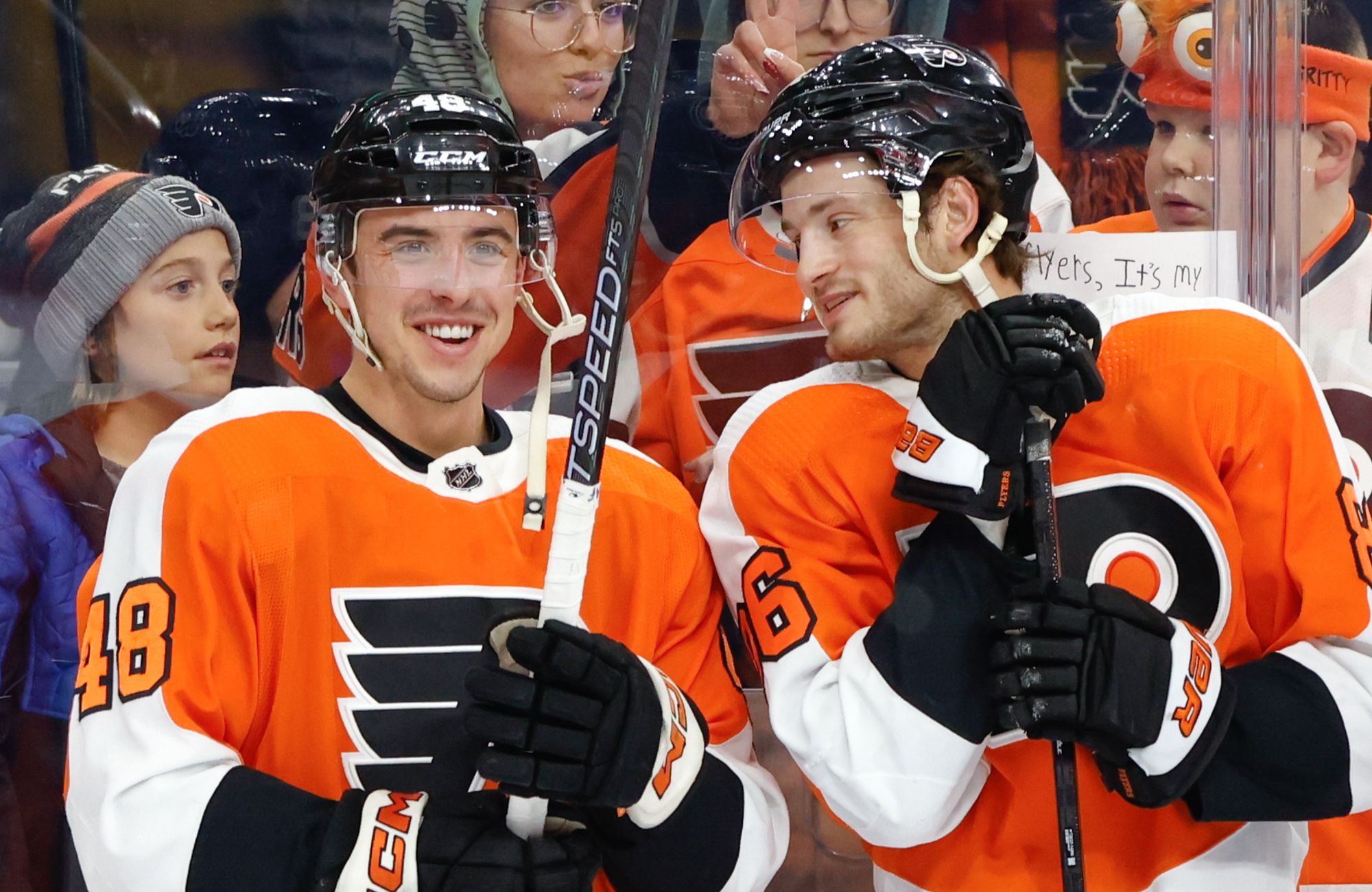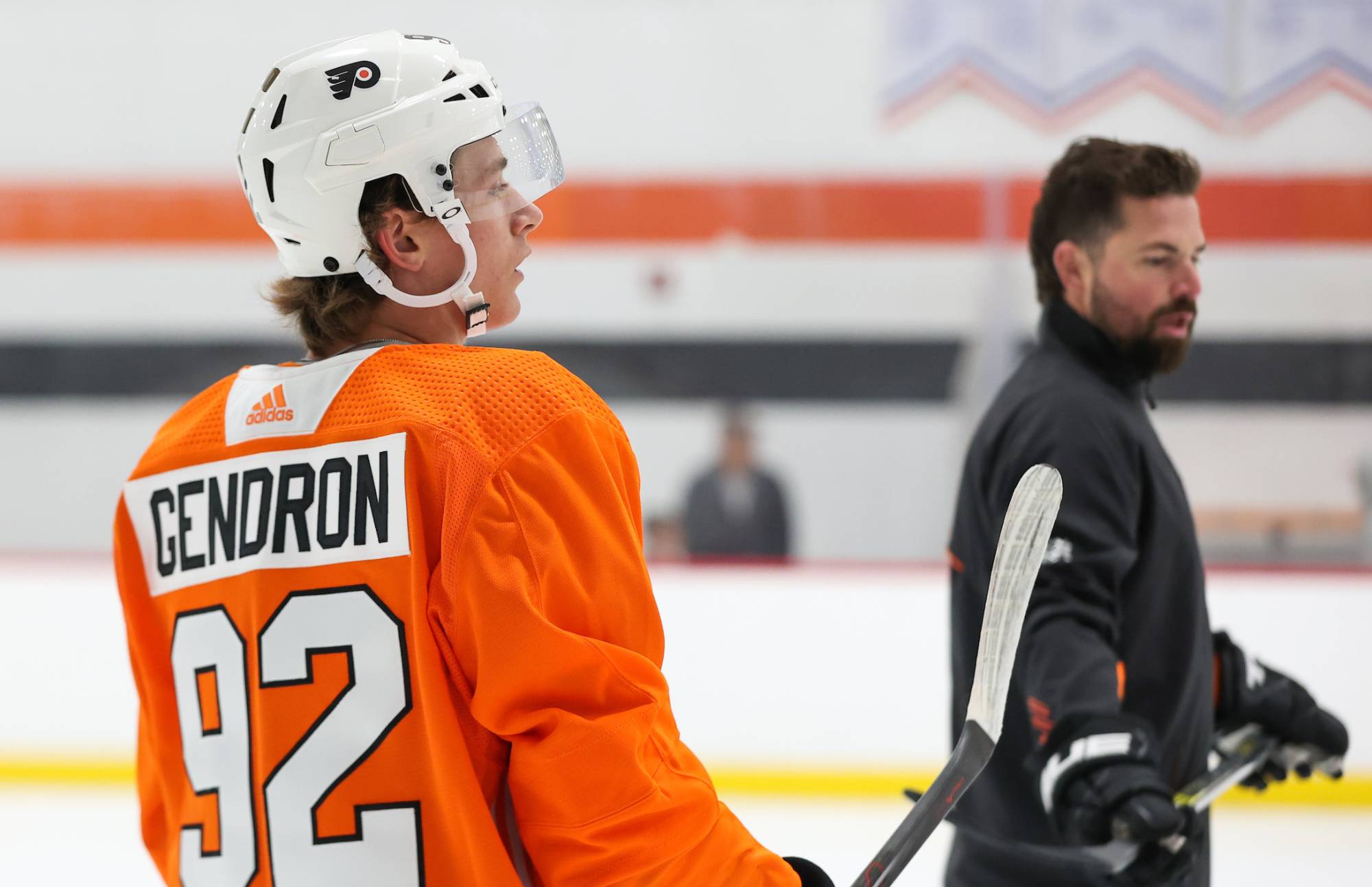Morning Observations is a feature where we break down the previous night’s game with an analytical eye.
- During the first two months of the regular season, the Flyers simply could not find the back of the net. Statistically, they were one of the league’s worst offensive squads, incapable of taking full advantage of their surprisingly stellar goaltending. And while the weakness of Philadelphia’s third and fourth lines played a role, the anemic offense truly didn’t make much sense. The Flyers’ scoring chance generation metrics remained in the top half of the league, both at even strength and on the power play. The processes appeared sound – it was just a team-wide issue with finishing their chances. In recent weeks, the pendulum has swung back in the Flyers’ favor. Last night was the culmination – six goals on only 19 shots against one of the league’s better defensive teams. The Flyers aren’t a perfect team, but a roster with Claude Giroux, Jakub Voracek and Wayne Simmonds should not be 29th in the league in goals scored. They almost certainly will not be in that position when the season ends in mid-April.
- The game opened up in the third period, but the first forty minutes of the contest were classic low-event hockey. In a little over 37 minutes of even strength play, the Flyers and Predators combined for 38 shot attempts in total. That would come out to 61.12 total Corsi events per sixty minutes. The lowest event team in the NHL is (unsurprisingly) the New Jersey Devils, and their games average 90.5 Corsi events per sixty minutes at 5v5. Why was neither team able to create much in the way of shot attempts? From the start, the Predators were doing a fantastic job of bottling up Philadelphia in the neutral zone, and not allowing them to get in on the attack with possession of the puck, or at all. But the Flyers fought back by dominating in board battles, both via the cycle game in the offensive zone (when they did get in) or when retrieving pucks in their own end. As a result of the competing strategies, zone entries were scarce and attack time was often fruitless. Unlike Nashville, however, Philadelphia was able to make the most of their rare shots on goal, and that proved to be the difference.
NHL.com Report and Highlights | War-On-Ice.com Report | HockeyStats.ca Report | ExpectedGoals (xG) | HockeyViz.com | BSH Recap | Meltzer’s Musings
- It was a banner night for the best historical scorers on the Flyers. Claude Giroux and Wayne Simmonds both finished with three points, Jakub Voracek added two primary assists, and Brayden Schenn even scored a goal. The team’s recent offensive surge has been fueled by these players, and their scoring rates are now right near past levels. Giroux is pacing for a 72-point year – only one back from last season. Voracek’s 68-point pace would be his second-best raw total of his career, while Simmonds’ hot streak has him tracking for his first 30-goal season of his career. Even Schenn is on pace for his best offensive performance overall. We can stop waiting for the big guns to return their usual levels of play on the scoresheet – it’s already happened.
- The big story after the game was the fact that the Flyers won going away despite being outshot 40-19 by the Predators. Clearly, this proves that shot volume isn’t that important, right? Not so fast. Philadelphia actually held their own at even strength through the first forty minutes of play, leading in score-adjusted attempt differential (19.2 to 18.1). The end-of-game disparity was caused by two things – a wide-open third period during which Nashville peppered Steve Mason with shots while facing down a large deficit, and repeated power play opportunities for the Predators. The former, while not ideal, is expected in a blowout. The latter, on the other hand, will likely be a key point of frustration for head coach Dave Hakstol despite the victory. The Flyers simply cannot take seven minor penalties in a game and expect to exit with a win. Sure, this time the team’s penalty kill held strong, and the Flyers shooters capitalized on their opportunities. But while Philadelphia’s even strength play was generally fine, spending up to fourteen minutes killing penalties is not a sustainable path to victory.
- Speaking of the Philadelphia penalty kill, it came up big yet again last night. While the shorthanded unit finally gave up a Nashville goal in the third period, they killed off six other opportunities, including a Radko Gudas double-minor early in the game. Nashville was able to set up on multiple occasions, but the Flyers successfully kept them from finding open seams in the slot and limited the Predators to only one high-danger power play chance in seven opportunities. Ideally for Philadelphia, they won’t need to rely on the penalty kill so much in the future, but it does seem to have stabilized itself after very real struggles early in the season.
- Sam Gagner has admitted that only one thing will keep him in the lineup – tangible point production. His assist on Brayden Schenn’s first period goal definitely should get Dave Hakstol’s attention, not just for the outcome, but for the process. For a player sometimes criticized for relying too much on his natural skills, it was great to see Gagner take a heavy hit in order to create a two-on-one down low for linemates Sean Couturier and Brayden Schenn. Secondary assists can often be unearned, the result of aiding a breakout or just barely tipping a pass. Gagner’s secondary assist on Schenn’s goal, however, was pivotal to the play’s eventual success. The embattled forward did later take a penalty in the offensive zone which surely did not impress his head coach, but he delivered a solid performance otherwise. Combine that with the current winning streak, and it’s tough to see Gagner coming out of the lineup this weekend.
- The only bit of bad news that came out of last night’s victory was a potential injury to Sean Couturier. Just back from a mysterious lower-body injury, Couturier did not join his teammates on the bench to start the third period and failed to return. The team eventually reported that details on the injury would not be made available until Friday, but some have theorized that Couturier could have been removed from the game due to possible concussion symptoms. The Flyers center suffered a concussion earlier in the year at the hands of Zac Rinaldo, so another head injury would be especially unwanted. It could also simply be a re-aggravation of the lower-body issue from last week. Regardless of the cause, a potential Couturier absence would force the Flyers to make a decision on who to move into the lineup. Jordan Weal is capable of playing center, but he’s not known as a defensive stalwart. R.J. Umberger, on the other hand, is capable in his own end, but provides almost no real offensive upside. The choice will likely be that of upside and risk versus a higher floor but a very low ceiling.
- Scott Laughton was the team’s unsung hero last night. Despite receiving only 10:13 of total ice time, Laughton racked up two primary assists, on goals from Matt Read and Wayne Simmonds. He sprung Read via a perfect defensive zone breakout play, and the pass that created Simmonds’ goal was even better. Truly a highlight reel pass, Laughton threaded the puck through two Nashville defenders, allowing for Simmonds to gather the puck at the Predators blueline and storm in on a breakaway. The 21-year old’s biggest issue this season has been defensive zone play, specifically avoiding turnovers. Since the Flyers insist upon using Laughton at the center position, he is charged with hanging back to assist his defensemen in dealing with opposing forechecks and in pushing the puck to wingers at speed. He’s struggled in this area all year, but both assists last night came from the defensive zone. Hopefully it’s a sign that Laughton is gaining a better sense of timing in his own end.
- It’s not often that a netminder allows three goals yet finishes the game with a save percentage of 0.925. But Steve Mason found a way to do so last night, and was one of Philadelphia’s best players all game long. Mason’s play this season has actually been stellar at even strength – it’s been his performance while shorthanded that has dragged his overall statistics down to mediocre levels. Last night, Mason stopped 10 of 11 power play shots from Nashville, with a number of them of the highlight reel variety. It wasn’t all Mason, as the Flyers penalty killers were doing a strong job of giving their goaltender clean looks at all shots. But Mason still needs to make the saves, and last night continued his slow climb back up to respectability in terms of shorthanded save percentage.
- Radko Gudas‘ recent level of play has left much to be desired. For the second straight game, he struggled to avoid penalties, taking a double-minor in the first period and another minor in the third – both for high-sticking. After his major penalty against Montreal nearly cost the Flyers a regulation victory, Hakstol implied that he had spoken with Gudas about discipline and the need to stay out of the penalty box. Instead, Gudas made the same mistake again. In addition, his play with the puck has been particularly unimpressive recently. He’s often cheating down into the offensive zone, which while a hallmark of the Hakstol system, still needs to be done intelligently. That hasn’t been the case for Gudas over the past two weeks. In the past, Gudas has shown real chemistry with Michael Del Zotto, and it may be time to reunite that pairing, even if MDZ has shown potential alongside Shayne Gostisbehere over the past few games. The team simply cannot afford Gudas to regress back into the third-pair talent he was in Tampa Bay.









